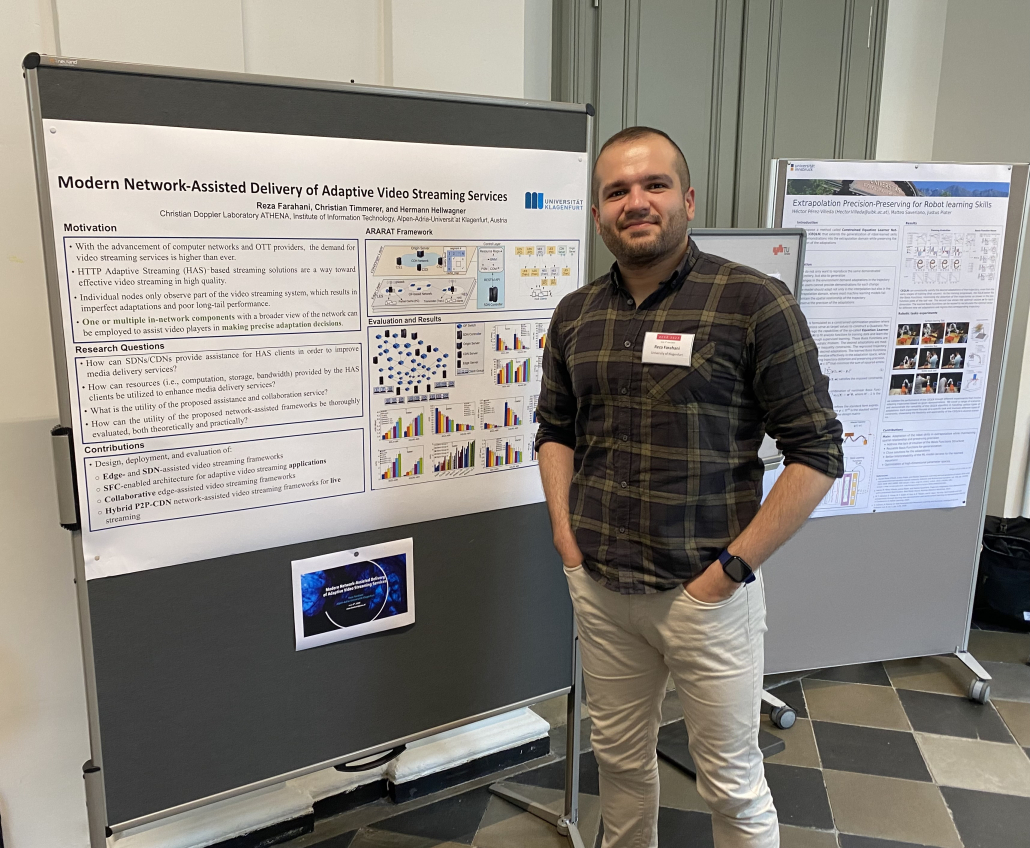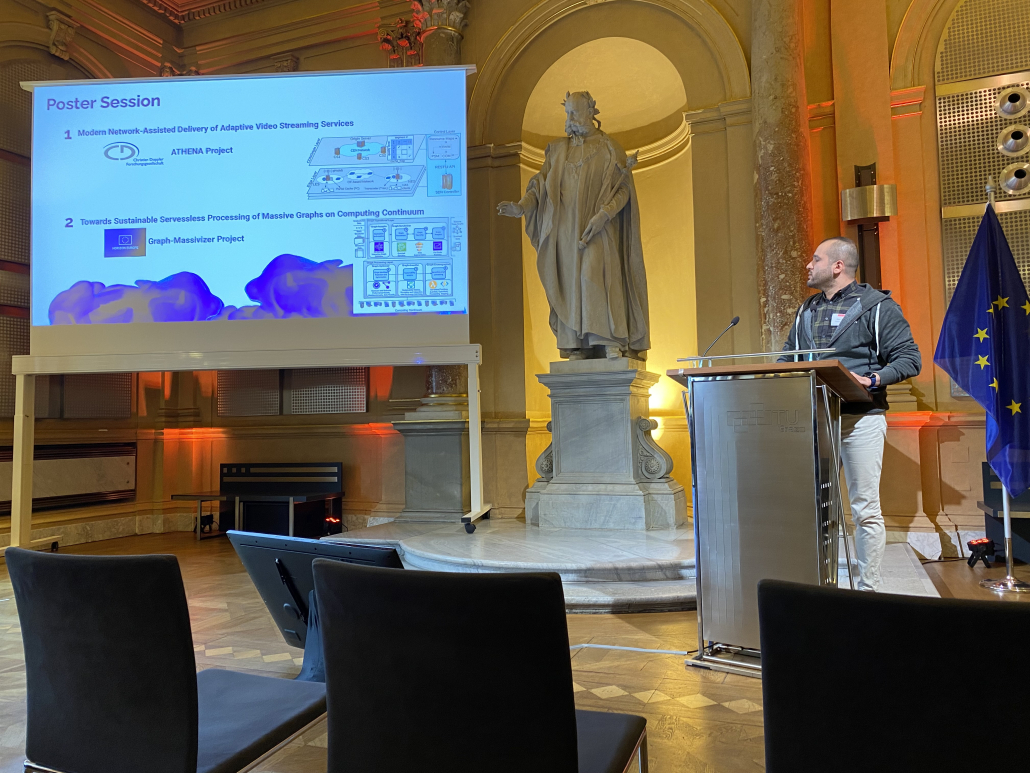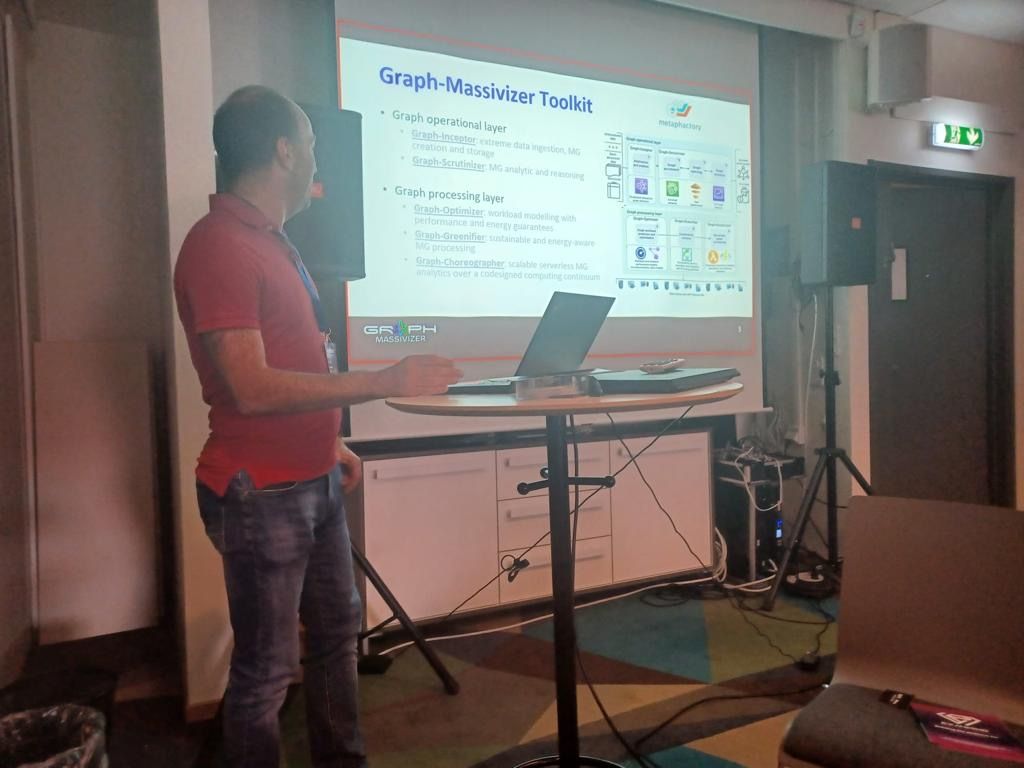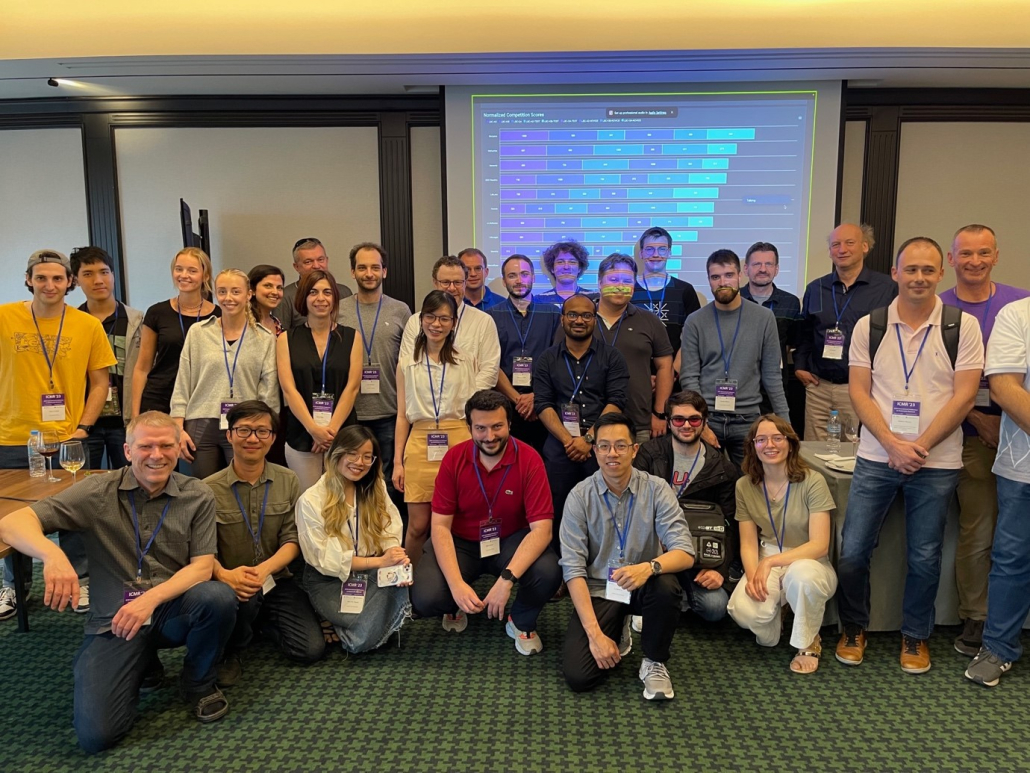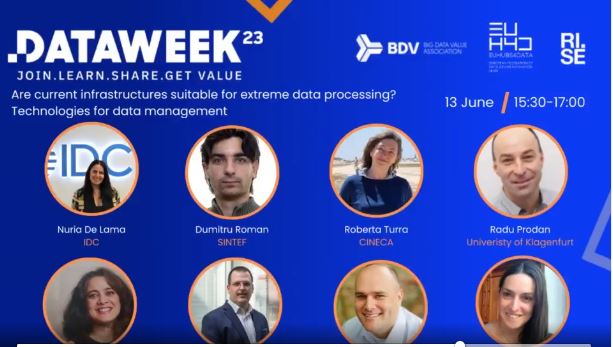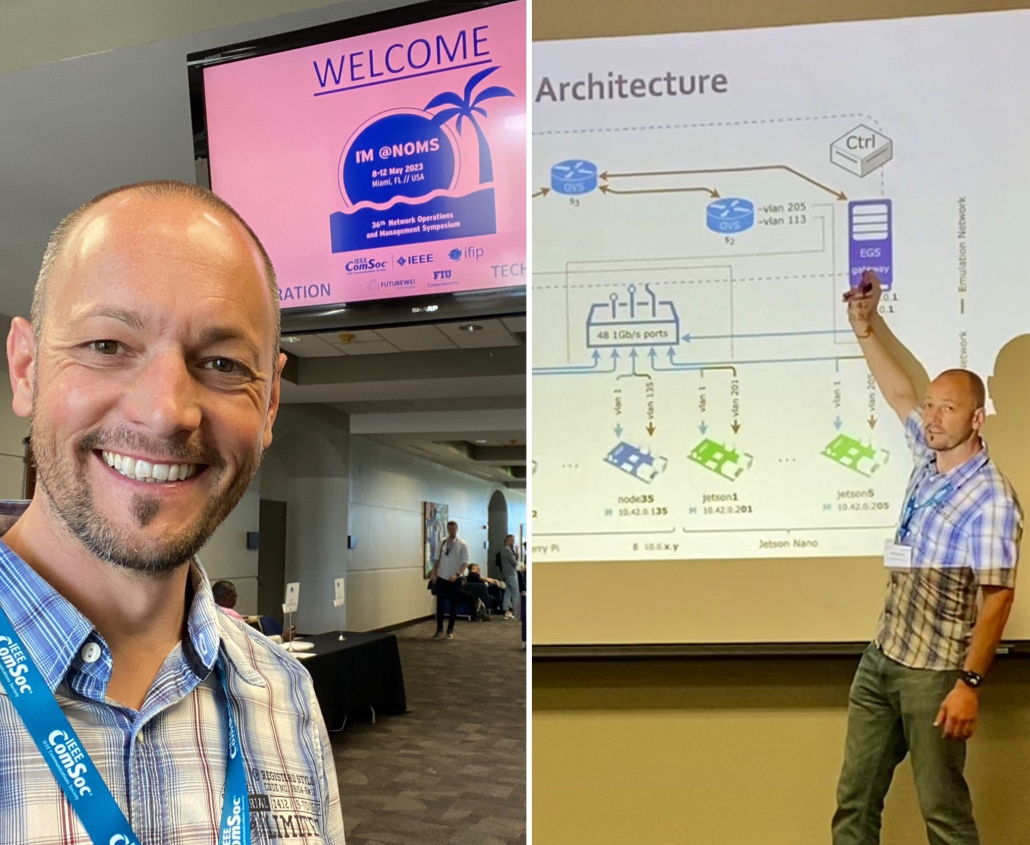Container-based Data Pipelines on the Computing Continuum for Remote Patient Monitoring
Authors: Nikolay Nikolov, Arnor Solberg, Radu Prodan, Ahmet Soylu, Mihhail Matskin, Dumitru Roman
Computer Jounal, Special Issue on Computing in Telemedicine
Abstract: Diagnosing, treatment, and follow-up care of patients is happening increasingly through telemedicine, especially in remote areas where direct interaction is hindered. Over the past three years, following the COVID-19 pandemic, the utility of remote patient care has been further field-tested. Tackling the technical challenges of a growing demand for telemedicine requires a convergence of several fields: 1) software solutions for reliable, secure, and reusable data processing, 2) management of hardware resources (at scale) on the Cloud/Fog/Edge Computing Continuum, and 3) automation of DevOps processes for deployment of digital healthcare solutions with patients. In this context, the emerging concept of \emph{big data pipelines} provides relevant solutions and is one of the main enablers. In what follows, we present a data pipeline for remote patient monitoring and show a real-world example of how data pipelines help address the stringent requirements of telemedicine.
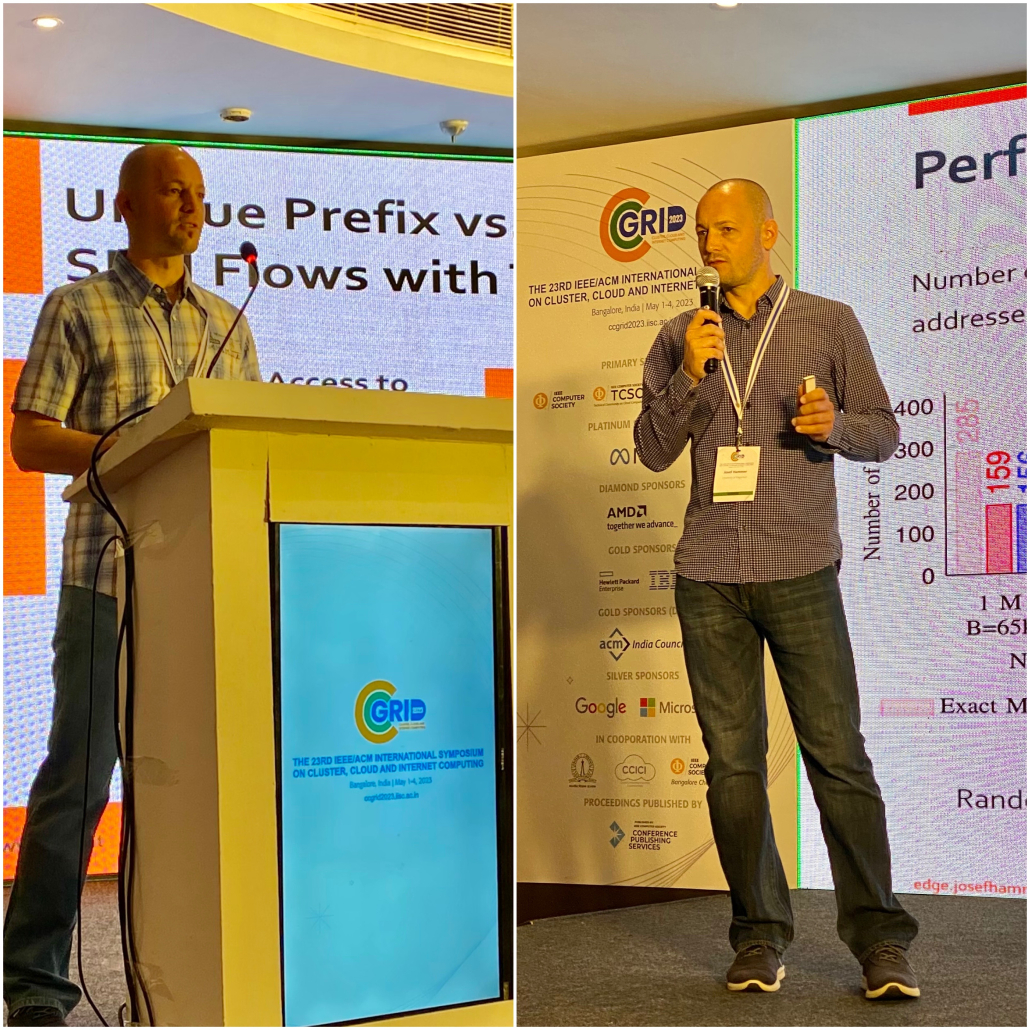 Josef Hammer presented the poster “Unique Prefix vs. Unique Mask for Minimizing SDN Flows with Transparent Edge Access” at the 23rd IEEE/ACM International Symposium on Cluster, Cloud and Internet Computing (CCGrid 2023) and the paper “Scalable Transparent Access to 5G Edge Services” at the 7th IEEE International Conference on Fog and Edge Computing (ICFEC 2023), both in Bangalore, India.
Josef Hammer presented the poster “Unique Prefix vs. Unique Mask for Minimizing SDN Flows with Transparent Edge Access” at the 23rd IEEE/ACM International Symposium on Cluster, Cloud and Internet Computing (CCGrid 2023) and the paper “Scalable Transparent Access to 5G Edge Services” at the 7th IEEE International Conference on Fog and Edge Computing (ICFEC 2023), both in Bangalore, India. Josef Hammer presented the poster “Unique Prefix vs. Unique Mask for Minimizing SDN Flows with Transparent Edge Access” at the 23rd IEEE/ACM International Symposium on Cluster, Cloud and Internet Computing (CCGrid 2023) and the paper “Scalable Transparent Access to 5G Edge Services” at the 7th IEEE International Conference on Fog and Edge Computing (ICFEC 2023), both in Bangalore, India.
Josef Hammer presented the poster “Unique Prefix vs. Unique Mask for Minimizing SDN Flows with Transparent Edge Access” at the 23rd IEEE/ACM International Symposium on Cluster, Cloud and Internet Computing (CCGrid 2023) and the paper “Scalable Transparent Access to 5G Edge Services” at the 7th IEEE International Conference on Fog and Edge Computing (ICFEC 2023), both in Bangalore, India.



